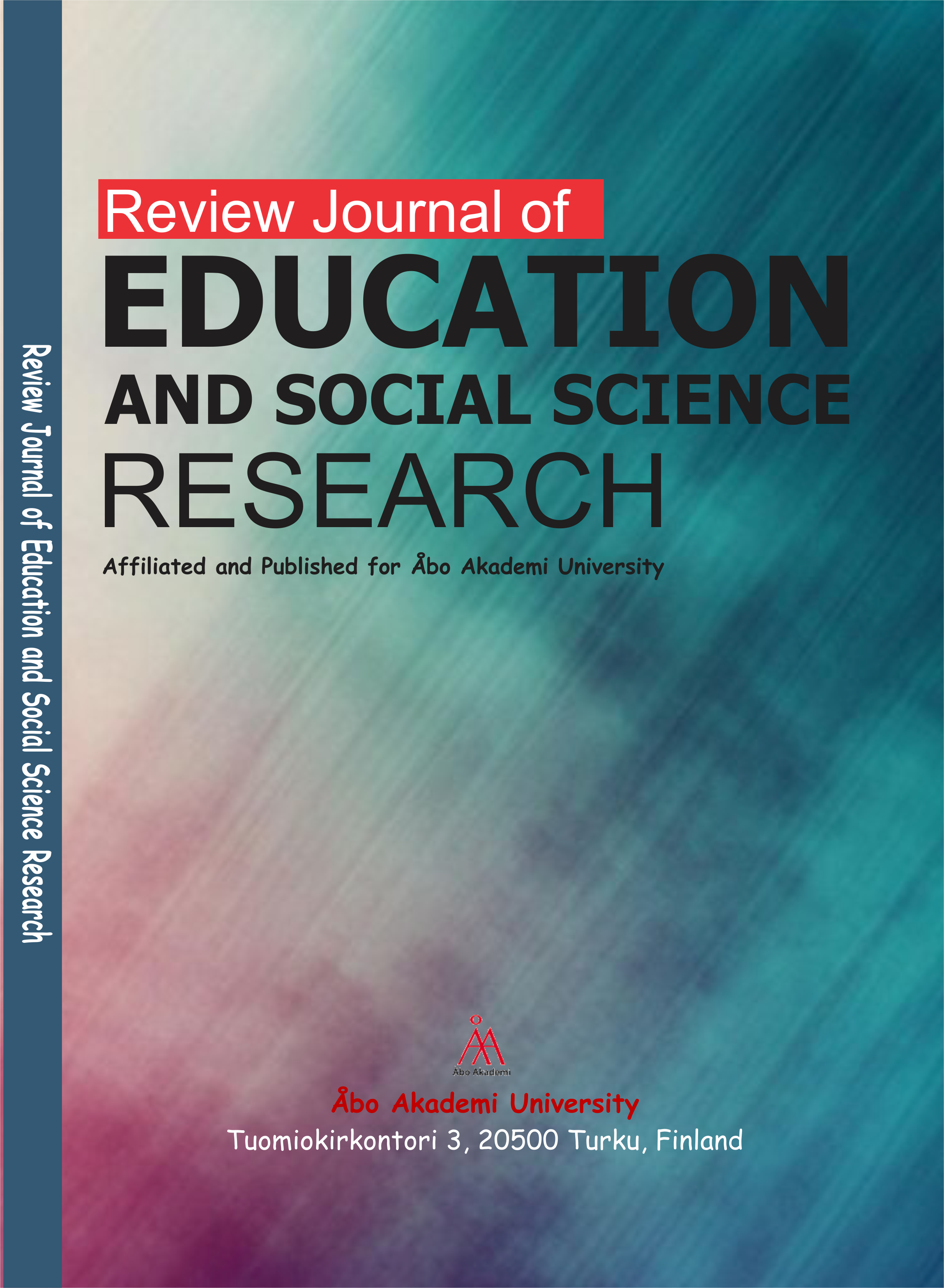Review Journal of Education and Social Science Research (RJESSR)
Exploring Users’ Continuous Use Intention of ChatGPT based on the IS Success Model and Technology Readiness
E-ISSN: 2437-3594
P-ISSN: 2447-6546
DOI: https://iigdpublishers.com/article/611
With the rapid rise of Artificial Intelligence (AI), the emergence of ChatGPT has accelerated the popularization of generative AI, marking a milestone in the large-scale commercial application of generative AI. This study primarily adopts the framework of Parasuraman's (2000) Technological Readiness (TR) and DeLone & McLean's (2003) Information System Success Model (ISSM) to explore users' intention to continue using ChatGPT. The independent variables include system quality, information quality, service quality, optimism, and adaptability; satisfaction serves as the mediating variable, and the dependent variable is the intention to continue use. The research results show that optimism significantly positively influences the intention to continue use. Information quality and service quality have a significantly positive impact on satisfaction. Additionally, users' satisfaction with the use of ChatGPT significantly positively influences their intention to continue using the system. The research findings contribute to information policies related to ChatGPT. They also reflect the psychology of users’ continuous intention to use ChatGPT.
Hsiu-Ju Chen, Shu-Ting Chang, Pei-Yu Chou & Yu-Shiou Tsai
Bloomberg (2023). “Paris Political College Prevents Plagiarism, Ban on Students’ Using ChatGPT for Reports,” Liberty Times, November 2023. Retrived from https://news.ltn.com.tw/news/world/breakingnews/4195956, Accessed on December 8, 2023 (in Chinese).
Business Focus (2023). “No Afraid of Cheating, Ivy League Universities Encourage Students to Use ChatGPT, IB Students are allowed to Write Thesis with AI”,,BusinessFocus, February 2023. Retrieved from https://reurl.cc/ed2e37, Accessed on December 8, 2023 (in Chinese).
Chang, S.-L., & Chen, P.-B. (2023). “Hong Kong University Bans the use of ChatGPT, Viewed as Plagiarism without Authorization of Lecturers,” Central News Agency, February 2023. Retrived from https://www.cna.com.tw/news/acn/202302190038.aspx, Accessed on November 23, 2023 (in Chinese).
Chen G.-R. (2023). Artificial Intelligence becomes a writing tool, New Yorl Public Schools Ban on use of ChatGPT, TechNews, January 2023. Retrieved from https://technews.tw/2023/01/06/nyc-education-department-blocks-chatgpt-on-school-devicesand-networks/, Accessed on November 23, 2023 (in Chinese).
Chen, Y.-L. (2023). “The Japanese Media Survey of How Nineteen Japanese Universities View ChatGPT, Governmental Officers also Think after Trial: Lowering Burdening.” Yahoo! Finance April, 2023. Retrieved from https://reurl.cc/1GVdx8, Accessed on November 23, 2023. (in Chinese)
